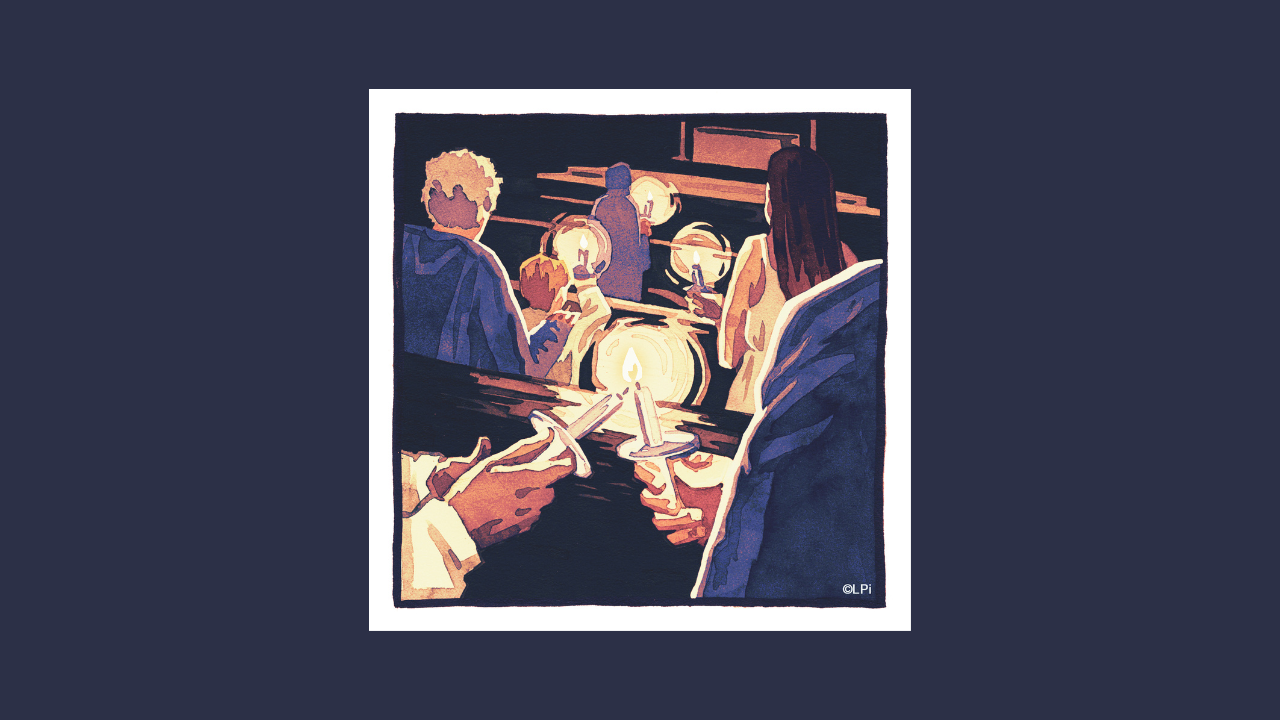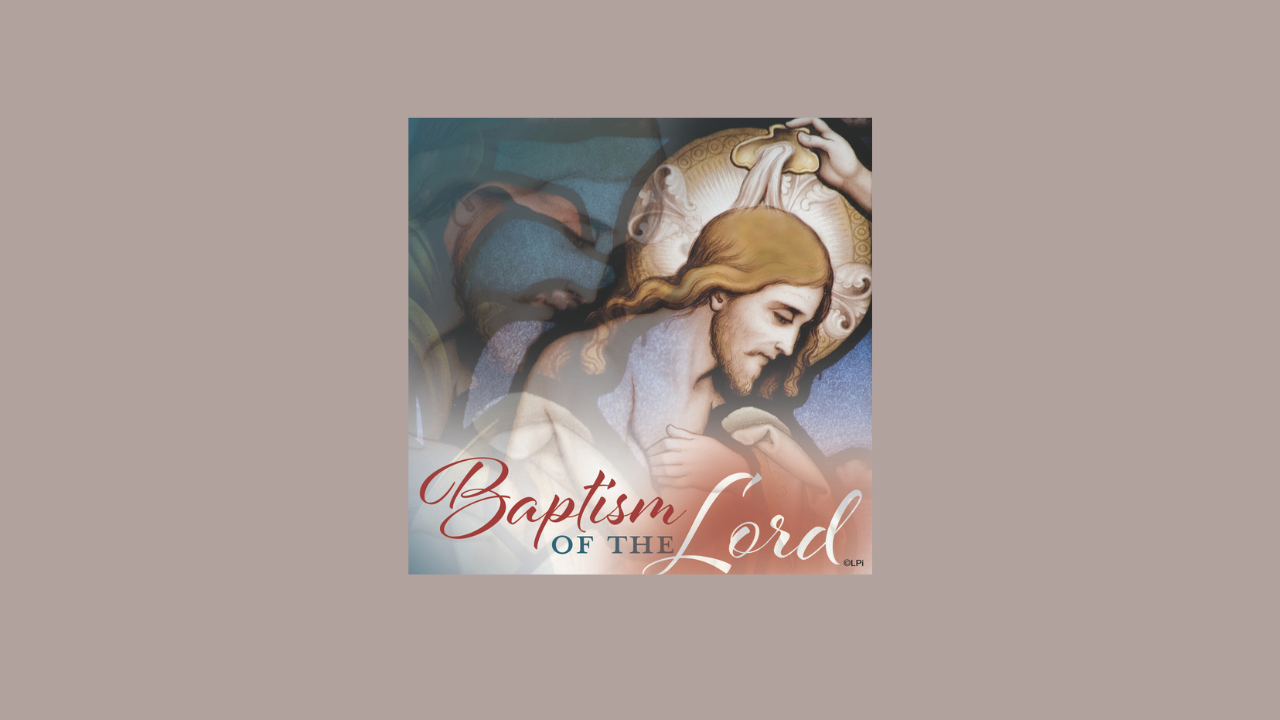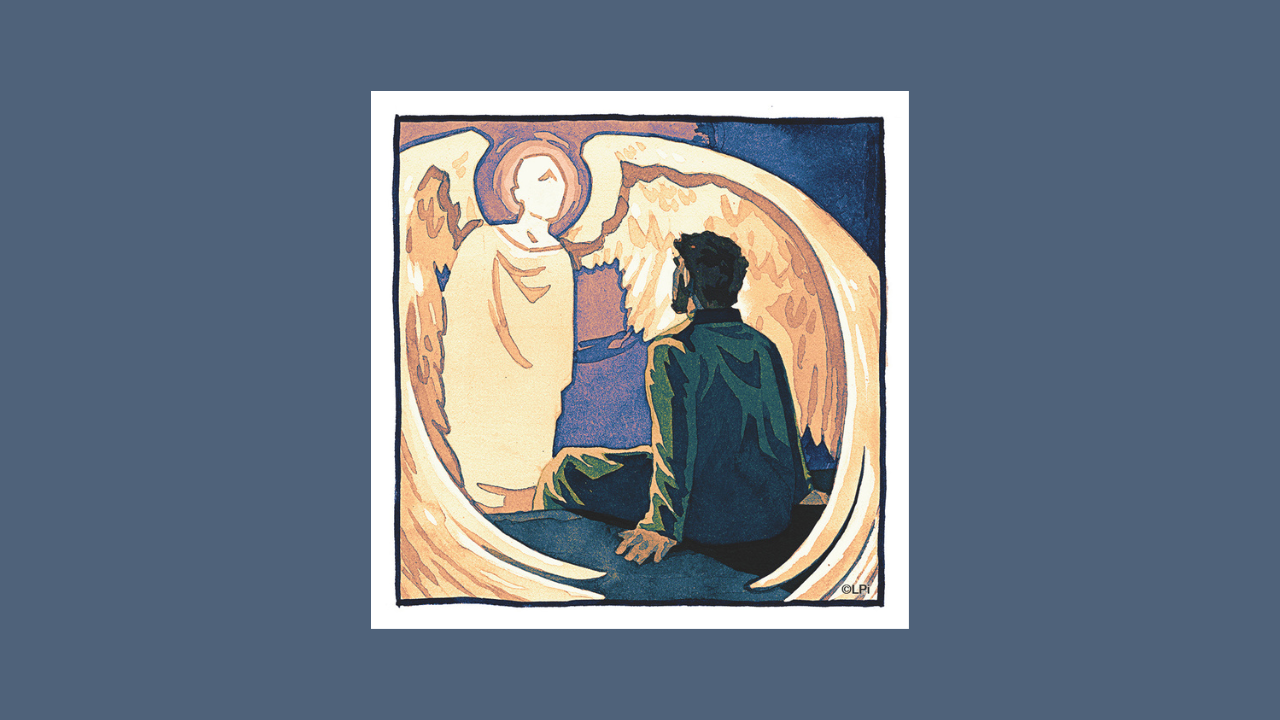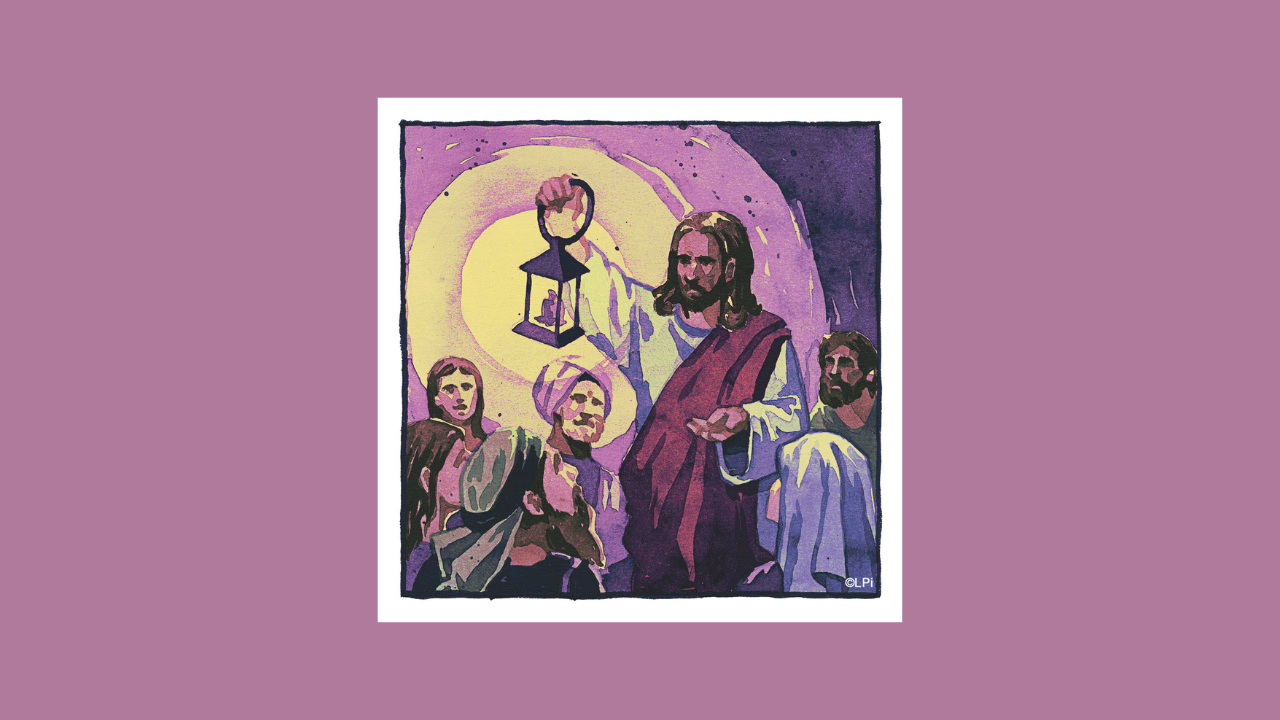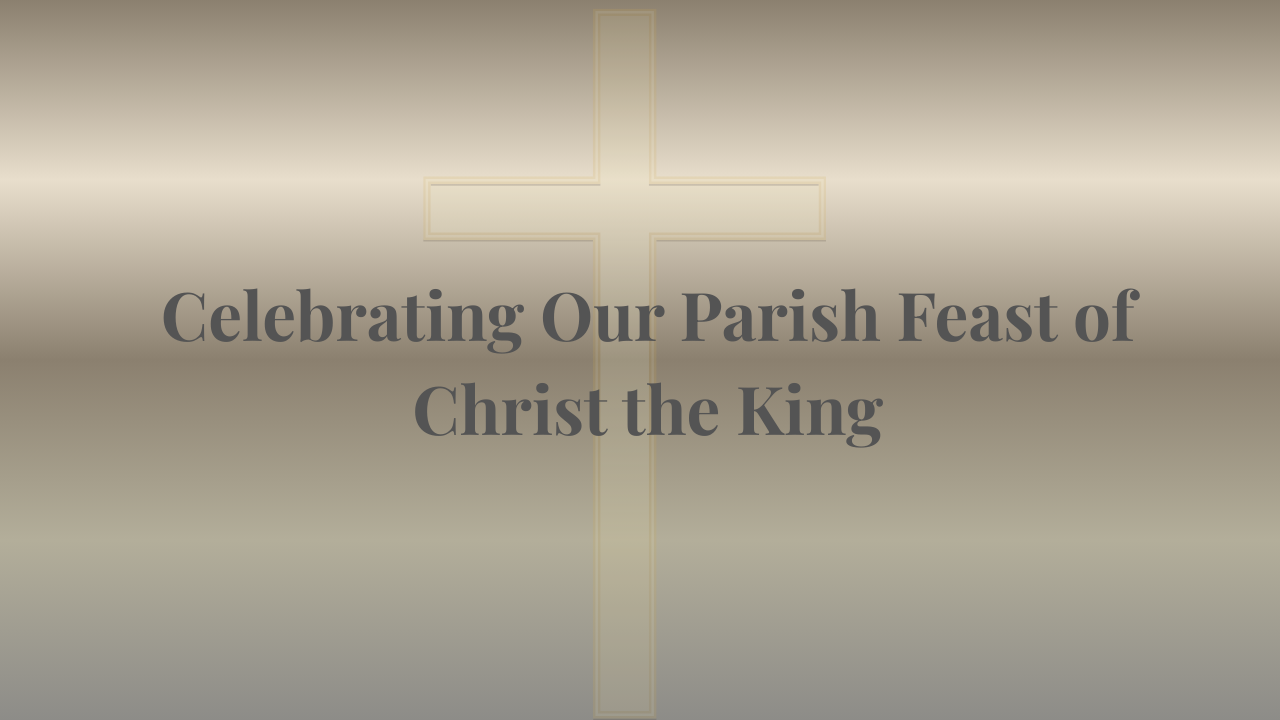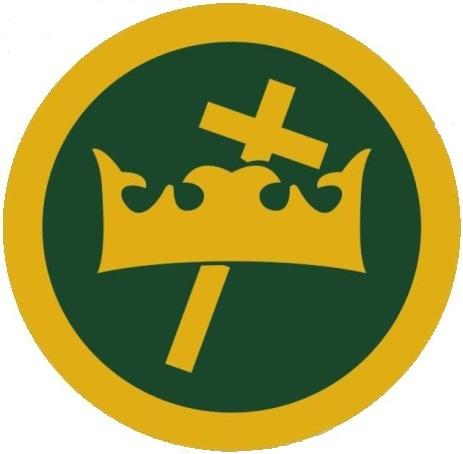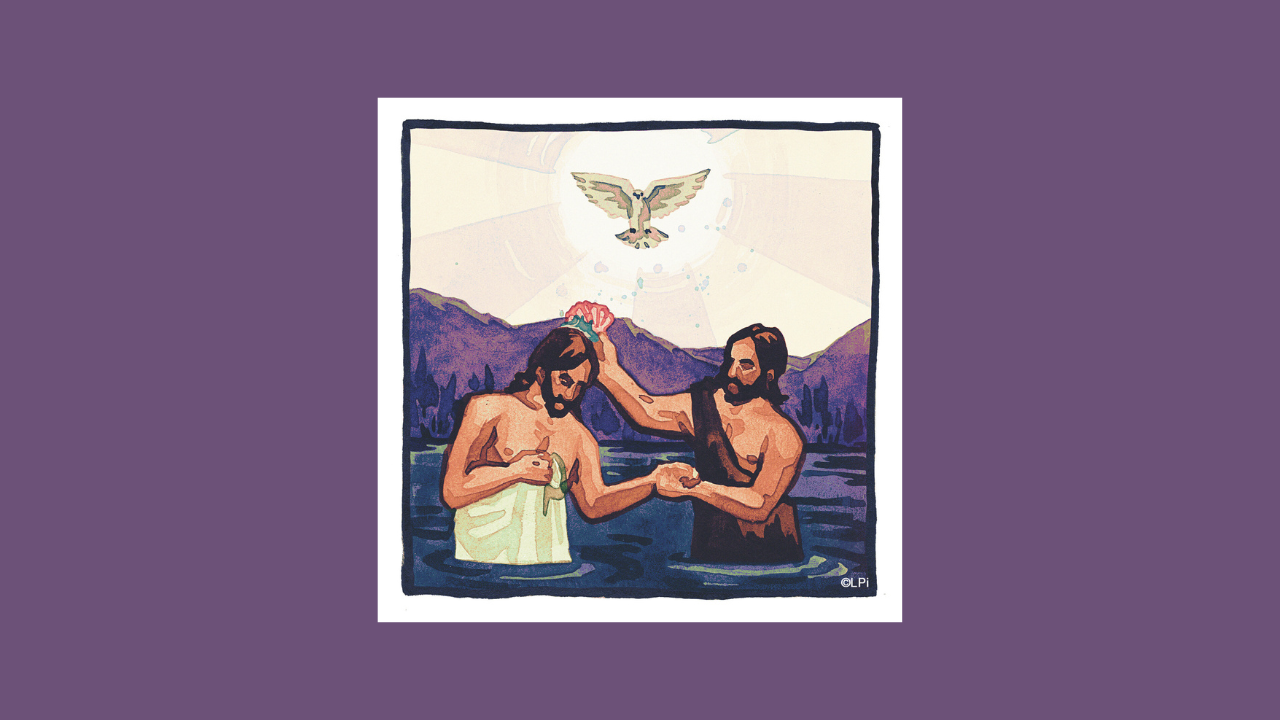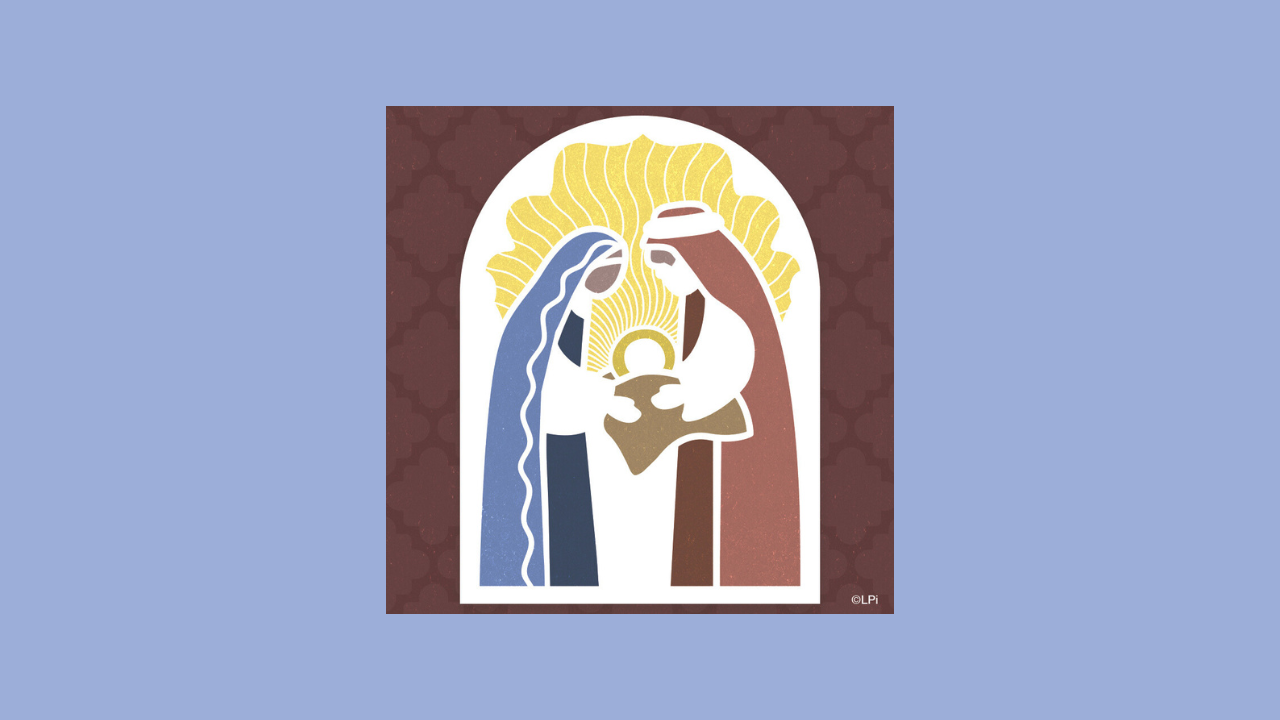"Cleansing Our Temples" by Fr. Chris House
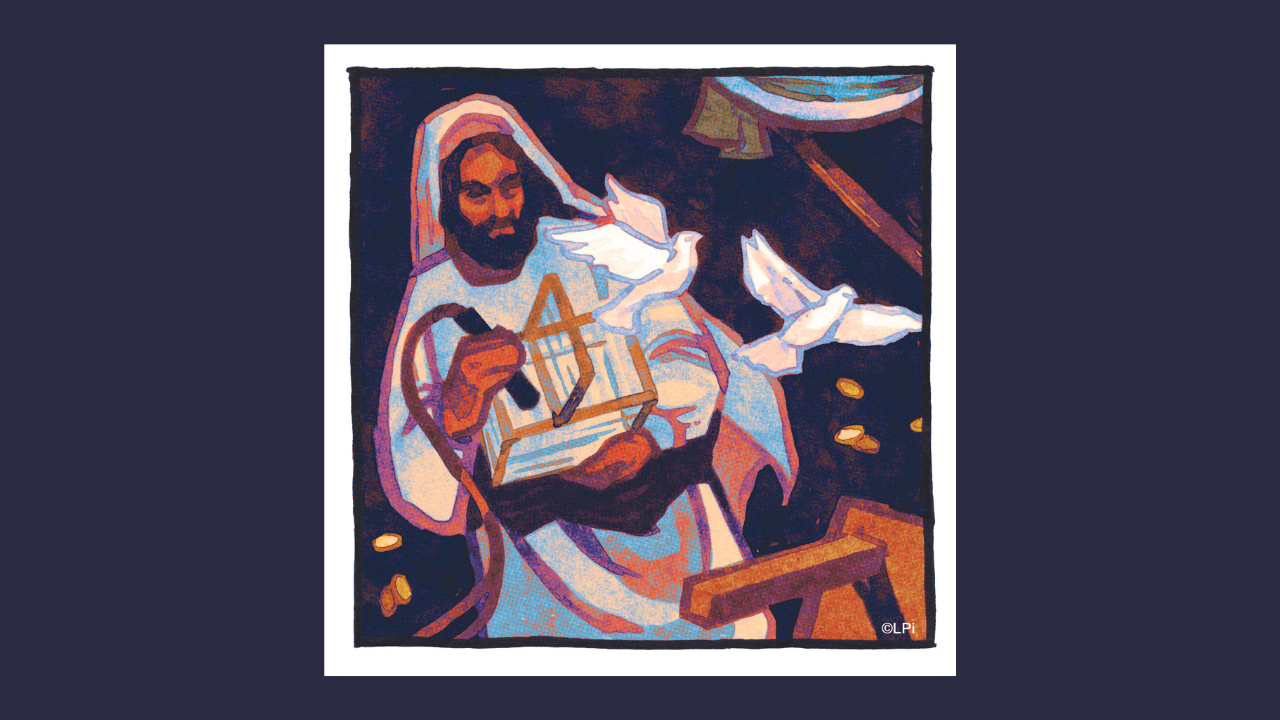
Imagine the scene of today’s Gospel. Jesus and his disciples are in Jerusalem for the celebration of Passover. Scholars tell us that the Lord and his disciples could have been a part of a crowd of up to 250,000 pilgrims who had made their way to the Temple. The Temple was the heart of Judaism. It was the epicenter of all things holy as it was God’s dwelling place among the human race. The Temple was quite different from what we are used to in our churches. Far from peace and quiet, groups of worshipers were loud and the Temple was not just filled with pilgrims but also money changers and sheep, oxen, and doves, and those who sold them; all of these things necessary for ritual sacrifice, which was the heart of Temple worship. Commotion in the Temple was normal but the commotion becomes pandemonium when this Galilean preacher is unleashed.
Jesus entered the Temple and found that the merchants, who had a legitimate place in the Temple precincts, had begun to encroach into sacred space along with the money changers. The money changers were there because one could not pay the temple tax using foreign or secular coins which had graven images on them and thus were considered unclean. The money changers charged high service fees that amounted to extortion. The law allowed them to make an honest living providing this service but the fees had become anything but honest. This was mirrored by those who sold animals for ritual sacrifice. Since animals to be offered for sacrifice had to be pure and free of blemish, they were subject to inspections by the Levites, but many failed to pass inspection, which meant that most pilgrims found themselves having to use the Temple merchants. As with the money changers, those who chose or were forced to use these merchants paid prices that were exorbitant compared to normal prices for the same animals outside of the Temple.
In a rather unique scene, John tells us that Jesus fashions a whip out of cords and drives the money changers and merchants out of the Temple, overturning their tables in the process. Simply put, Jesus is driving out what does not belong. Of course, those whom he pushed out were not pleased. The merchants’ area was known as “the booths of Caiaphas” because, while his family had a monopoly on the office of High Priest, Caiaphas also had a business interest in the Temple trade. Some scholars assert that this was the breaking point for Caiaphas with Jesus; in hitting Caiaphas’s pocketbook, this Galilean preacher had to go.
Through Baptism, each of us were made into temples of the Holy Spirit. God chooses to make his dwelling within each of us, body and soul. At the same time, we know that we deal with a fallen nature and the reality of sin in our lives. This Gospel invites us to examine the temples of our lives and make sure that nothing has crept in that does not belong; if it has, we need to push it out. Sin and sinful behaviors are invasive realities that do not like to be pushed out. When we seek to purify our lives we can bet that sin will push back but the Lord is there with his grace, ready to help us with the purge.
Jesus tells the crowds at the end of this Gospel passage “destroy this temple and in three days I will raise it up.” Of course, the Lord is speaking of his future Resurrection, but this is for us and our lives too; Jesus Christ will make us new if we seek his grace and open our hearts and lives to his power. May the Lenten season help us to open our hearts to him who seeks to come in and cleanse the temples of our lives.
Lenten Wisdom
"God never tires of forgiving us; we are the ones who tire of seeking his mercy." – Pope Francis
"Lent is a time of going very deeply into ourselves... What is it that stands between us and God? Between us and our brothers and sisters? Between us and life, the life of the Spirit? Whatever it is, let us relentlessly tear it out, without a moment's hesitation." - Catherine Doherty
Blessings to you and yours for the week ahead!
Father Chris House
